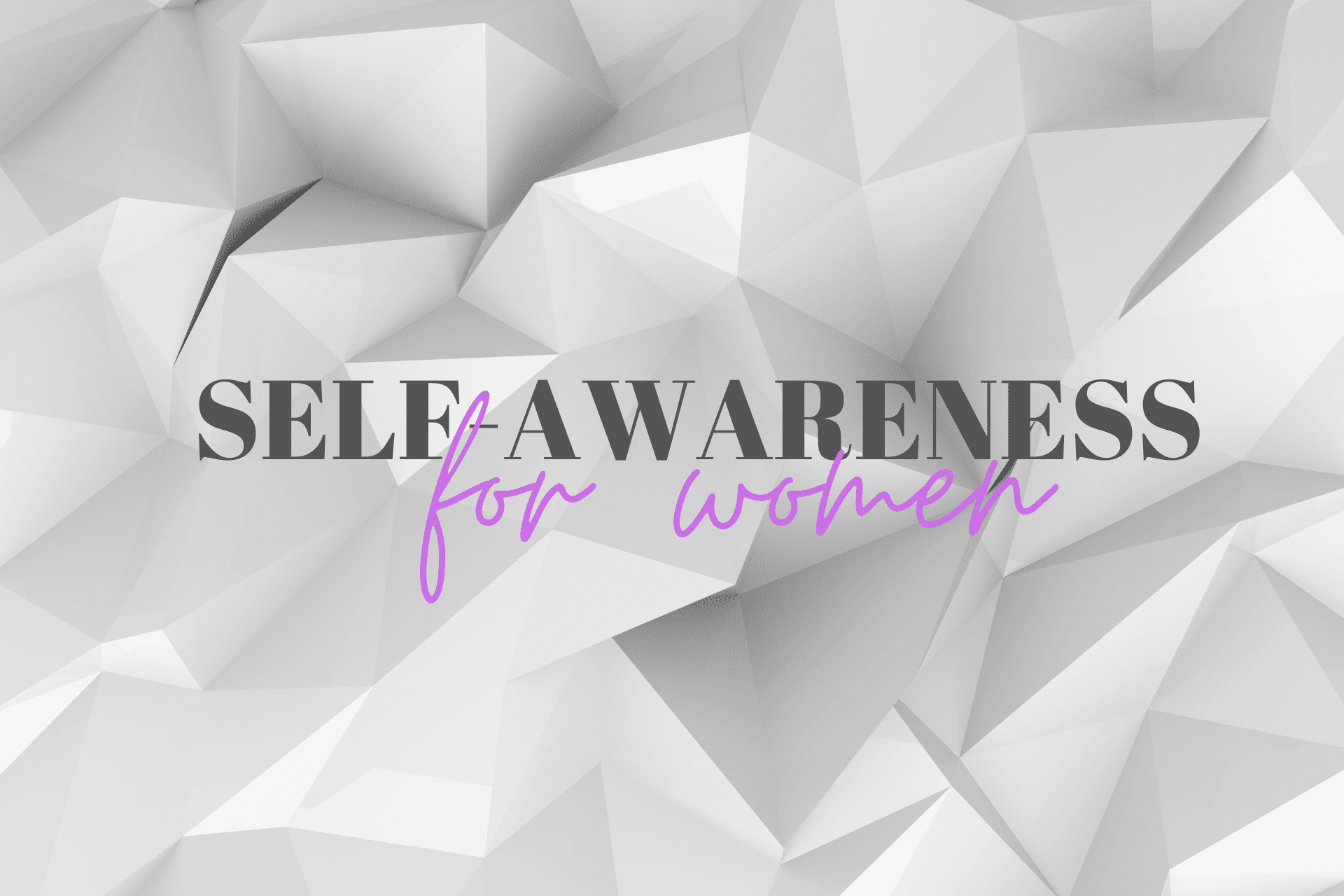Why This is the One Skill You Can’t Afford to Ignore
Ah, self-awareness! It’s like the kale of the personal growth world—a buzzword tossed around in self-help books, life coaching sessions, and late-night talks with your best friend. But hold on a minute.
Before you roll your eyes and scroll past this, let’s get one thing straight: understanding yourself isn’t just a trendy catchphrase. It’s a life-changing skill, a golden ticket to a more fulfilling existence. And for us women who are constantly juggling the roles of careerist, caregiver, friend, and, oh yeah, being an actual human being—it’s nothing short of revolutionary.
Curious? Stick around because we’re about to lift the veil on the what, why, and how-to of self-awareness.
Let’s unwrap this gift that literally keeps on giving, shall we?”
Let’s get started!
Here's What You Will Find

Key Takeaways
Self-Awareness for Women
Start Small, Dream Big: The journey to self-awareness doesn’t require a complete life overhaul. A few minutes of introspection daily can lead to transformative changes over time.
Share to Care: If this article resonated with you, pass it along to other women in your circle. Sharing wisdom is a win-win for everyone involved.
Customize Your Path: Self-awareness is not a one-size-fits-all concept. Feel free to tweak the recommended strategies to better align with your own experiences and cultural background.
We’re Here for You: Have questions or need further clarification? Don’t hesitate to reach out to us. You’re not alone on this journey to self-awareness.
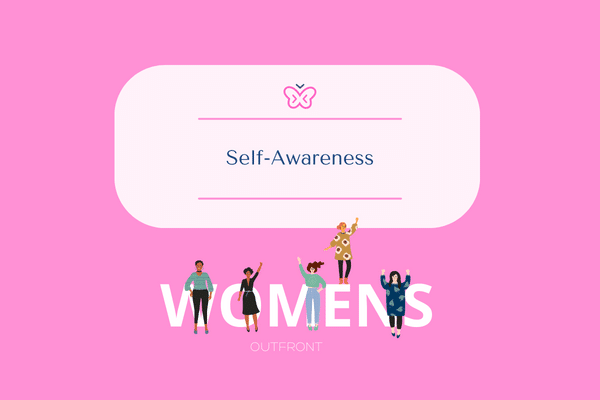
What Is Self-Awareness?
Ah, the million-dollar question. Think of self-awareness as your inner GPS. It’s that ever-so-helpful voice guiding you through the winding roads of life—giving you real-time updates on your emotional traffic, relational roadblocks, and even an occasional detour of self-discovery.
Self-awareness is the conscious understanding of your thoughts, feelings, motives, and desires. It’s a multifaceted skill that enables you to clearly perceive your internal states and understand how you relate to the world around you. Being self-aware means being attuned to your emotional landscape and how your actions and reactions influence your relationships and environment.
In essence, self-awareness serves as your internal compass, guiding you through life’s complexities with greater ease and intention.
When you’re self-aware, you’re in the driver’s seat, steering through your thoughts, emotions, and actions with intentionality. You’re not just drifting through life but navigating it like a pro. A good GPS also alerts you to the scenic routes, and trust me, understanding yourself makes life a whole lot more beautiful.
Why Should You Care?
Let’s be real. Women have a lot on their plates. Careers, family, friendships, and personal growth—all fighting for a slice of your 24-hour pie. Forget “having it all.” Sometimes, keeping all the plates spinning simply feels like a triumph.
So, why add one more thing to your to-do list?
Because self-awareness isn’t another chore, the toolbox makes all other chores doable—and more fulfilling.
With a better grasp of your strengths, weaknesses, and motivations, you’ll be surviving the juggling act and mastering it. Like that seasoned circus performer, you’ll manage to keep those balls in the air while dazzling your audience—even if that audience is just your reflection in the mirror.
Why Is Self-Awareness Especially Vital for Women?
Juggling Multiple Roles: Sound Familiar?
For many women, life is an intricate ballet of roles and responsibilities. From career obligations to familial duties, from societal expectations to personal aspirations, the dance never stops. It’s a balancing act that demands more than just physical stamina; it requires emotional and psychological agility.
This is where self-awareness comes into play. Understanding your own needs, boundaries, and limitations can empower you to make more informed decisions and prioritize effectively. It becomes less about keeping the plates spinning and more about choosing which plates truly matter to you.
The Strength in Being “Self-Aware”
Self-awareness isn’t just a coping mechanism; it’s a source of strength. It equips you with the emotional intelligence to navigate complex interpersonal dynamics—whether that’s negotiating a raise, resolving family disputes, or simply knowing when to take a step back and recharge.
Self-awareness means recognizing your triggers, understanding your coping strategies, and identifying what truly fulfills you. It offers a framework for self-advocacy and self-care, allowing you to be proactive rather than reactive in your life. The fuel powers the engine of resilience, giving you the courage to face challenges head-on and the wisdom to step aside when necessary.
So, whether you’re choreographing the ballet of your daily life or simply seeking to find harmony within, self-awareness can serve as your guiding star.
The Pillars of Self-Awareness
Welcome to the core of our discussion: The Pillars of Self-Awareness. Think of these pillars as the foundation upon which your better, more balanced self is built. Just like you wouldn’t construct a house on shaky ground, you shouldn’t navigate the complexities of life without a solid understanding of who you are.
So, let’s explore these foundational elements, shall we? They could very well be the missing puzzle pieces you’ve been searching for.
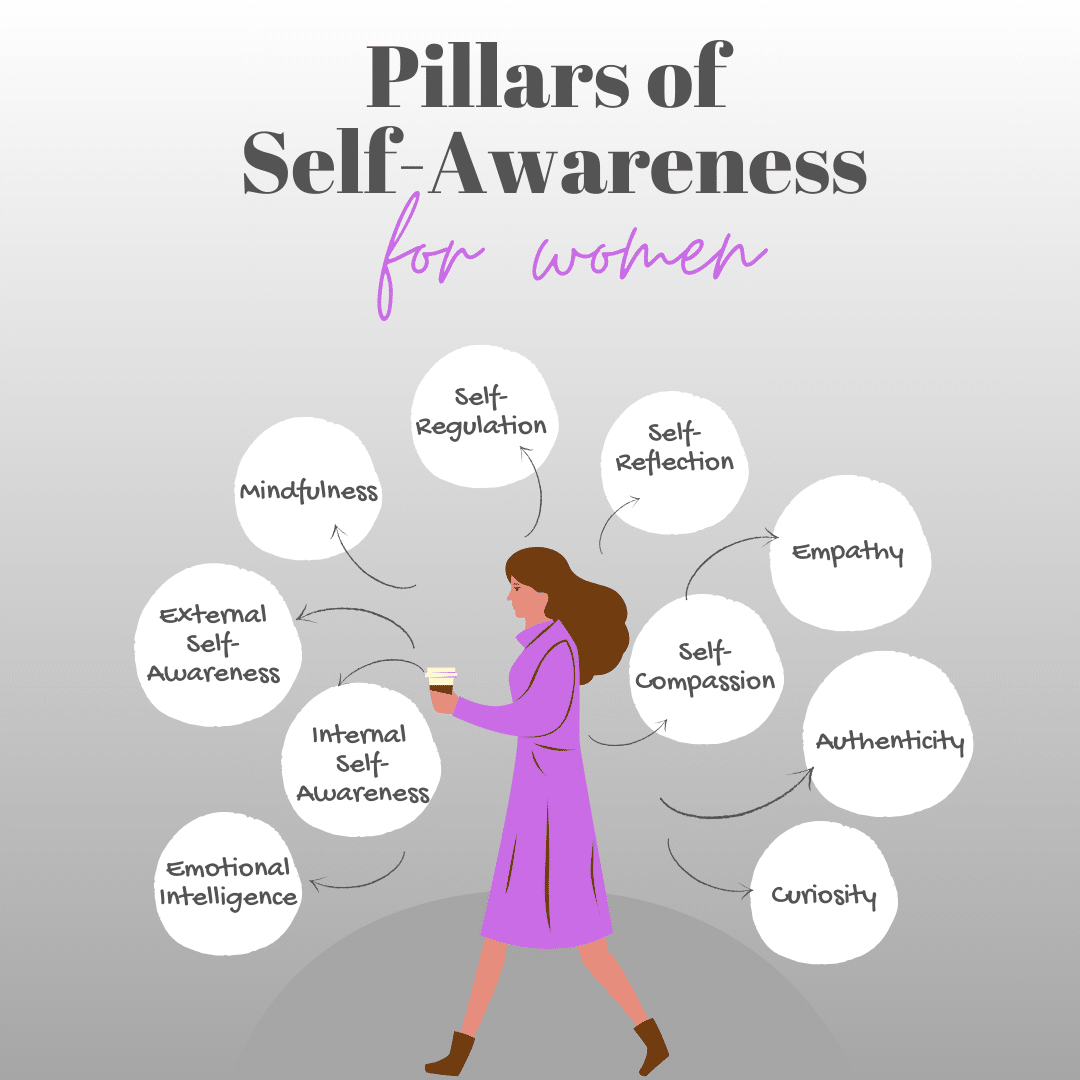
Let’s expand on each pillar to offer a more comprehensive understanding:
Emotional Intelligence
This is about more than just recognizing your own emotions. It includes understanding these feelings, how they impact your actions, and how you can manage them effectively. Emotional intelligence also extends to perceiving and empathizing with the emotions of others, making it invaluable in social settings.
Internal Self-Awareness
This goes beyond surface-level knowledge of likes or dislikes. It’s an in-depth understanding of your values, principles, goals, strengths, and weaknesses. It’s your internal compass, providing direction in decision-making and problem-solving scenarios.
External Self-Awareness
Knowing how others perceive you is critical for both personal and professional relationships. This involves seeking and valuing feedback from those around you to understand your impact on others. It can be the difference between being a team player and being the person no one wants on their team.
Mindfulness
This isn’t just a buzzword or a passing trend. Mindfulness involves a fully engaged presence in whatever you’re doing. It helps you become more receptive to your environment and your emotions, enhancing your decision-making and reducing stress.
Self-Regulation
More than just impulse control, self-regulation involves deeply understanding your emotional triggers and how to manage them. Whether it’s dealing with stress or navigating complex social scenarios, self-regulation is your emotional toolkit.
Self-Reflection
Beyond just a quick review of your day, self-reflection is a deliberate act of introspection. It’s about taking dedicated time to consider your choices, review your actions, and ponder your emotional state. This deliberate practice can reveal patterns and provide insights that are key to personal growth.
Empathy
While empathy is usually associated with understanding others, it’s also a tool for enriching your inner world. Being empathetic can offer new perspectives, helping you understand complex social dynamics and adding depth to your emotional intelligence.
Self-Compassion
This is more than just a pat on the back during tough times. Self-compassion involves a balanced approach to handling your failures and setbacks, treating yourself with the same kindness and understanding that you would extend to a close friend in a similar situation.
Authenticity
Authenticity goes beyond just “being yourself.” It’s about aligning your actions with your inner values and beliefs, even when it’s challenging. This congruence between your inner and outer selves leads to a fulfilling and harmonious life.
Curiosity
This is not just a whimsical trait but a vital component of self-awareness. Being curious keeps you engaged and attentive, pushing you to explore new avenues and understand both yourself and the world around you more deeply. Curiosity is the engine that drives continuous learning and growth.
By understanding these pillars in greater depth, you’re setting yourself up for a well-rounded and enriched life packed with personal, social, and professional growth opportunities. Nurturing these pillars can guide personal growth, relationship building, and professional success.
Self-Awareness Examples
A Walk Through Real-Life Scenarios
Knowing the concept is a start, but seeing how they’re applied in real-world scenarios can be like flipping on a light switch in a dark room. Let’s take a look at some self-awareness examples that showcase how these pillars can be the backbone of your daily life.
Each scenario illustrates the transformative power of self-awareness in action.
Ready to be inspired?
Here we go!
- Emotional Intelligence:
- Sarah always knows when her coworker Jane is stressed out. She adjusts her approach, offering help or giving her space, depending on what she senses Jane needs at the moment.
- Internal Self-Awareness:
- Maria is offered a high-paying job but turns it down because she knows that the company’s corporate culture and values do not align with hers.
- External Self-Awareness:
- Lisa regularly asks for constructive feedback from her peers and superiors and adjusts her communication style accordingly to make collaborations more effective.
- Mindfulness:
- A busy mom, Emily takes five minutes daily to sit quietly, focusing on her breathing. She finds that this practice helps her be more present during family meals.
- Self-Regulation:
- Angela knows that she’s prone to stress eating. She plans to take a quick walk or call a friend when she feels stressed rather than heading for the snack drawer.
- Self-Reflection:
- After an argument with her partner, Priya takes some time to think over the conversation. She realizes that her reaction was partly due to fatigue and stress, not just the issue at hand.
- Empathy:
- Joyce is not a parent but tries to understand her colleagues’ and children’s challenges during remote schooling. She offers to take on an extra task to ease their load.
- Self-Compassion:
- Amanda misses a workout, and instead of beating herself up, she acknowledges that she had a tough day and commits to getting back on track the next day.
- Authenticity:
- Raj is openly gay at work, even though it’s a conservative environment. He feels being his true self is important, even if it’s sometimes uncomfortable.
- Curiosity:
- Michelle always wondered about the process behind her favorite morning coffee. She takes a barista course and learns not just how to make better coffee but gains a deeper appreciation for her morning routine.
These examples should show how each pillar can manifest in everyday life, enriching your experience and guiding you toward a more self-aware existence.
Now, let’s look at some examples of self-awareness in action to paint a clearer picture. These scenarios aim to show how embracing this skill can profoundly impact different facets of your life.
Self-Awareness At Work
Navigating Office Politics
Imagine you’re in a team meeting, and tension is brewing. Being self-aware, you pick up on your own rising stress levels and recognize the trigger—the dismissive tone of a colleague. Internal self-awareness allows you to manage your emotional response, while external self-awareness helps you read the room and address the issue diplomatically. The result? A more collaborative and respectful work environment.
Self-Awareness In Relationships
Understanding Your Partner
Your significant other has been distant lately. Instead of jumping to conclusions or stewing in insecurity, you engage your internal self-awareness to assess your feelings and fears. Then, using your external self-awareness, you initiate an open, non-judgmental conversation with your partner, employing emotional intelligence to understand their perspective as well.
Self-Awareness During Self-Care
Choosing the Right Recharge Method
You’ve had a long week, and you’re exhausted. Some people might default to socially accepted forms of relaxation—like a night out with friends. However, your internal self-awareness tells you you need some time with a good book to recharge. Listening to your own needs over societal norms or peer pressure is a prime example of self-awareness in action.
Self-Awareness in Public Speaking
Taming the Butterflies
You’ve been asked to give a presentation. Most people get nervous, but your self-awareness tells you that your anxiety stems from a fear of being judged. Recognizing this, you prepare meticulously and remind yourself that everyone in the room wants you to succeed. When you step up to the podium, your awareness of your emotional state allows you to manage your anxiety more effectively.
Self-Awareness When Dealing with Criticism
From Hurt to Growth
Nobody enjoys being criticized. But when it happens, your self-awareness kicks in. Internally, you acknowledge the sting, but then you process it and dissect the feedback for any truth. Externally, you gauge the critic’s intent—was it constructive or malicious? Armed with this dual awareness, you’re better positioned to either grow from the feedback or dismiss it as irrelevant.
These real-life scenarios demonstrate how self-awareness can serve as a Swiss Army knife for solving life’s many challenges. The more you practice it, the more you’ll find that it has near-universal applications.
Are You Self-Aware? Ways to Assess Yourself
Quiz Time: How Self-Aware Are You, Really?
Quizzes aren’t just for finding out which Disney princess you are. Several credible psychological assessments can help gauge your level of self-awareness. Tools like the Emotional Intelligence Appraisal or the Myers-Briggs Type Indicator provide valuable insights into your emotional and psychological makeup.
However, remember that while these quizzes offer a snapshot of your self-awareness at a particular moment, they’re not definitive. Consider them as starting points for deeper exploration.
Reflective Practices: More Than Just Navel-Gazing
Reflective practices go beyond casual self-observation. They involve a deliberate effort to understand yourself better, your behaviors, and your reactions. Techniques can range from journaling your thoughts and feelings to mindfulness meditation focused on your inner experiences.
These practices aren’t about self-indulgence but about cultivating a clearer understanding of who you are, what makes you tick, and how you relate to others. Making it a regular habit can provide you with continuous insights and help refine your sense of self-awareness over time.
How to Develop Self-Awareness
Stepping onto the path of self-awareness is like gearing up for an epic journey. You’ve got your map (the pillars we just talked about), and now it’s time to pack your toolkit with strategies and practices. Developing self-awareness isn’t a “one-and-done” type of deal; it’s an ongoing process like keeping a garden.
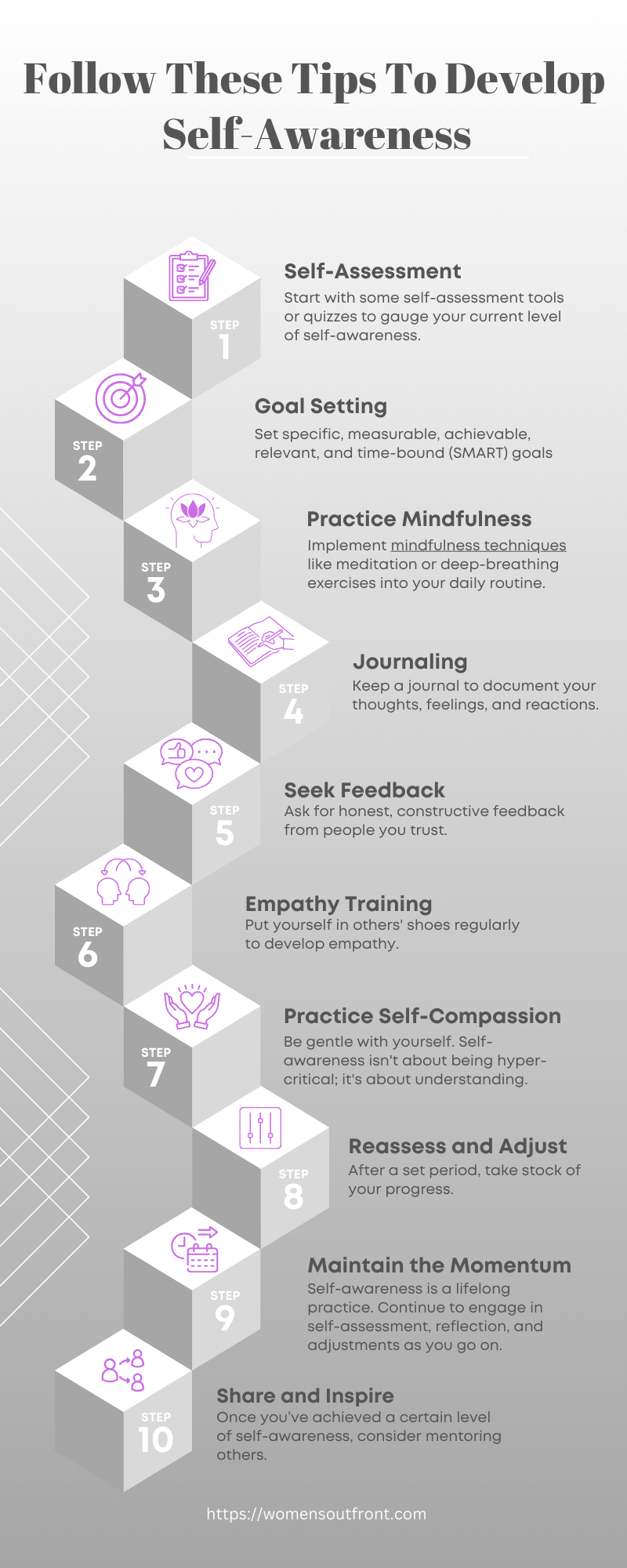
Sometimes, you’ll plant new seeds; other times, you’ll pull weeds or enjoy the blooms.
So grab your metaphorical gardening gloves, and let’s dig into some real, actionable ways to cultivate your self-awareness. Trust me, your future self will thank you!
Developing self-awareness can be broken down into manageable steps. Think of it as a journey where each step is a discovery about yourself.
Step 1: Self-Assessment
Start with some self-assessment tools or quizzes to gauge your current level of self-awareness. This will give you a snapshot of where you are right now.
Step 2: Goal Setting
Once you have a baseline, set specific, measurable, achievable, relevant, and time-bound (SMART) goals for what you’d like to improve or maintain.
Step 3: Mindfulness Practices
Implement mindfulness techniques like meditation or deep-breathing exercises into your daily routine. Even just a few minutes a day can heighten your in-the-moment awareness.
Step 4: Journaling
Keep a journal to document your thoughts, feelings, and reactions. This can be a space to reflect on your day-to-day experiences and recognize patterns or triggers.
Step 5: Seek Feedback
Ask for honest, constructive feedback from people you trust. It can be eye-opening to see yourself from another’s perspective.
Step 6: Empathy Training
Put yourself in others’ shoes regularly to develop empathy. Try understanding situations from multiple perspectives, which can help you become more externally self-aware.
Step 7: Practice Self-Compassion
Be gentle with yourself. Self-awareness isn’t about being hyper-critical; it’s about understanding. When you slip up, forgive yourself and use it as a learning experience.
Step 8: Reassess and Adjust
After a set period, take stock of your progress. Have you met or made strides toward your goals? If not, adjust your strategies and continue to monitor your progress.
Step 9: Maintain the Momentum
Self-awareness is a lifelong practice. Continue to engage in self-assessment, reflection, and adjustments as you go on, constantly enriching your understanding of yourself.
Step 10: Share and Inspire
Once you’ve achieved a certain level of self-awareness, consider mentoring others. Your experience can serve as an inspiration and guide for those just beginning their journey.
By breaking it down into these steps, the process of developing self-awareness becomes less overwhelming and more achievable. And remember, the goal isn’t perfection but continuous growth.
Mindfulness Practices: Not Just a Buzzword
Mindfulness is more than just a trendy term; it’s a direct route to heightened self-awareness. Through mindfulness, you learn to be present in the moment to observe your thoughts and feelings without judgment. Practices can include formal meditation sessions or simply taking a few moments throughout the day to check in with yourself.
The goal is to become more attuned to your emotional state, allowing you to react less impulsively and make decisions that align with your values and goals.
Journaling: Your Private Reality Show, Minus the Drama
If your life were a reality show, journaling would be the behind-the-scenes footage, offering a candid look at your thoughts and feelings. The act of putting pen to paper (or fingers to keyboard) can be a transformative way to clarify your emotions and identify patterns in your behavior.
Think of it as your private space to express yourself, analyze situations, and even brainstorm solutions. It’s drama-free self-awareness at its best.
Feedback Loops: Hearing It Like It Is
Feedback from others can serve as a reality check, offering an external perspective to complement your internal self-assessment. This is especially useful in the workplace or in personal relationships where mutual growth and understanding are goals.
But beware: feedback is only as good as your willingness to hear it. Be open to constructive criticism and prepared to ask clarifying questions if the feedback is unclear. External feedback can be invaluable in your self-awareness toolkit, whether it’s a formal performance review or an honest chat with a close friend.
Tips and Strategies for Everyday Self-Awareness Practice
“Me Time”: A Luxury or a Necessity?
Let’s debunk a myth: “Me time” isn’t selfish or indulgent; fostering self-awareness is necessary. Setting aside moments for introspection allows you to dig deep into your own needs, feelings, and aspirations.
Whether it’s a long walk, a solitary cup of coffee, or even a few quiet moments of reflection, this dedicated time is a touchpoint for maintaining a balanced emotional state. Remember, you can’t pour from an empty cup—so consider “me time” as essential as any other appointment on your calendar.
Quick Tips for Busy Bees:
Yes, You Can Do It in the Shower!
Pressed for time? No worries, self-awareness doesn’t always require a weekend retreat or an extended meditation session. You can incorporate moments of reflection even into the busiest of days:
In the Shower
Use the solitude to focus on your breathing or mentally review your upcoming day, identifying potential stressors and how you’ll manage them.
During Commute
If you’re not the one behind the wheel, close your eyes and do a quick body scan, becoming aware of any tension or discomfort.
Mealtime Mindfulness
Take the time to savor your food, focusing on flavors, textures, and how the meal makes you feel.
Calendar Check
Allocate five minutes at the start or end of your day to review your to-do list for tasks and emotional checkpoints.
Even amid a hectic life, these quick and straightforward strategies can help you maintain a healthy level of self-awareness.
Examples and Success Stories of Self-Awareness
Women Who Nailed It: A Few Inspirational Stories
If you’re seeking a nudge of inspiration, look no further than these exceptional women who have mastered the art of self-awareness and reaped its benefits:
Oprah Winfrey
From her humble beginnings to becoming a media mogul, Oprah credits much of her success to self-awareness. She has often spoken about the importance of knowing yourself and listening to your inner voice, which she believes is essential for personal and professional growth.
Brené Brown
A research professor and bestselling author, Brené is a beacon of emotional intelligence and self-awareness. Her willingness to be vulnerable and authentic in her research and public appearances has won her a global following.
Indra Nooyi
The former CEO of PepsiCo, Indra Nooyi, highlights the importance of self-awareness in leadership. She has spoken about how understanding her strengths and weaknesses helped her lead more effectively.
Malala Yousafzai
The youngest-ever Nobel Prize laureate, Malala, is another exemplary figure. Her acute awareness of her values and her place in the world has enabled her to be a powerful advocate for girls’ education globally.
Key Takeaways: What Worked for Them
So, what can we learn from these powerhouse women?
Here are some key points:
Know Your Values
All of these women had a strong sense of their values, which helped guide their decisions and actions.
Be Authentic
Authenticity is a byproduct of self-awareness. When you know who you are, it’s easier to be true to yourself, which, in turn, earns you the respect and trust of others.
Listen to Your Inner Voice
Each of these women credits their success, at least partly, to listening to their inner selves. This internal guidance system, fine-tuned through self-awareness, can be your most reliable advisor.
Leverage Emotional Intelligence
A high level of emotional intelligence enhances your interactions with others, enriching both your personal and professional relationships.
These success stories show that mastering self-awareness can bring tangible benefits and pave the way for fulfilling balanced lives. Take inspiration and remember, their journey started with the decision to know themselves better—you can too.
What Does Science Say About Self-Awareness?
Neurological Aspects: Your Brain’s Take
Scientific research has increasingly shown the importance of self-awareness from a neurological perspective. For instance, studies highlight the role of the prefrontal cortex in managing self-awareness.
This part of the brain is involved in executive functions like decision-making, emotional regulation, and, you guessed it, self-awareness. Moreover, mindfulness practices, often used to boost self-awareness, have been shown to cause structural changes in the brain, enhancing cognitive functions and emotional regulation. Read more about how the brain works with self-awareness.
Psychological Benefits: Happier, Healthier You
From a psychological standpoint, the benefits of self-awareness are numerous and backed by a plethora of research. Enhanced self-awareness is associated with reduced stress and anxiety levels as you become better at managing emotional upheaval. It also plays a crucial role in developing emotional intelligence and improving interpersonal relationships.
A study published in the “Journal of Personality and Social Psychology” even indicated that individuals with greater self-awareness tend to have better mental health and overall well-being. Explore the psychological benefits of self-awareness.
Understanding the scientific evidence behind self-awareness adds another layer to the compelling reasons for fostering this crucial skill. It’s not just anecdotal; your brain and your emotional health both stand to gain substantially from a more self-aware you.
The Intersectionality Angle: One Size Doesn’t Fit All
Different Backgrounds, Different Approaches
Regarding self-awareness for women, we must acknowledge that not everyone starts from the same place. Women from diverse backgrounds face unique challenges and opportunities in their journey towards self-awareness.
Whether it’s cultural norms, family expectations, or systemic barriers, various factors can shape your experience. Understanding that one size doesn’t fit all is the first step toward a more inclusive and personalized approach to self-awareness.
Culturally-Sensitive Strategies: Because You’re Worth It
While the core principles of self-awareness are universal, how you implement them might need to be tailored to fit your cultural background and individual circumstances. For instance, mindfulness might be challenging for those from bustling, community-centered cultures. In such cases, group activities that foster collective mindfulness can be an effective alternative.
Also, it’s important to note that some cultures value community and collective well-being more than individual introspection. That doesn’t mean self-awareness is less important; it just means that understanding oneself may be framed within the context of one’s relationship to one’s community.
So, go ahead and embrace the strategies that resonate with you because personalizing your journey to self-awareness is not just OK—it’s essential. And always remember, no matter where you come from, you’re absolutely worth the effort.
The Journey of a Thousand Miles Starts with a Single Step (or Thought)
As you navigate the intricate pathways of life, remember that self-awareness is both a compass and a map. It begins a meaningful journey toward a more balanced, fulfilled you. Feel free to explore other articles that can further illuminate this incredible adventure you’re embarking on.
Why You Should Share the Wealth: Spreading Self-Awareness
The beauty of knowledge is that it grows when shared. If you found this article enlightening, don’t keep it to yourself. Share it with other women who could benefit from a dose of self-awareness in their lives. Who knows, your act of sharing might be the nudge someone else needs to start their journey.
If you have any questions or need further guidance, please get in touch with us. We’re here to help every step of the way.
Thank you for joining us on this exploration of self-awareness, and remember, your best life is just a thought away.
More on Self-Awareness
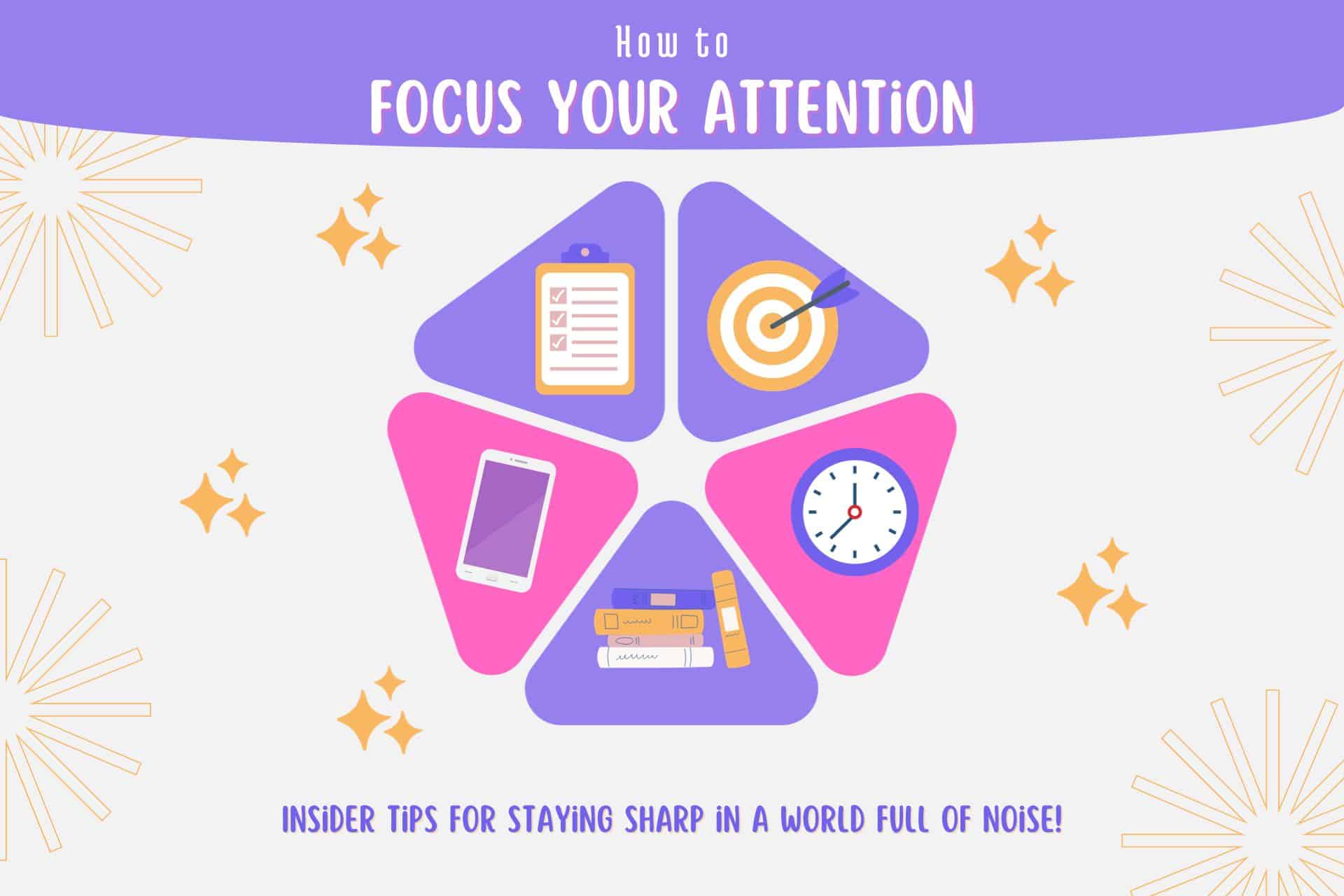
How to Focus Your Attention Like a Pro: 7 Game-Changing Strategies You Can’t Miss!
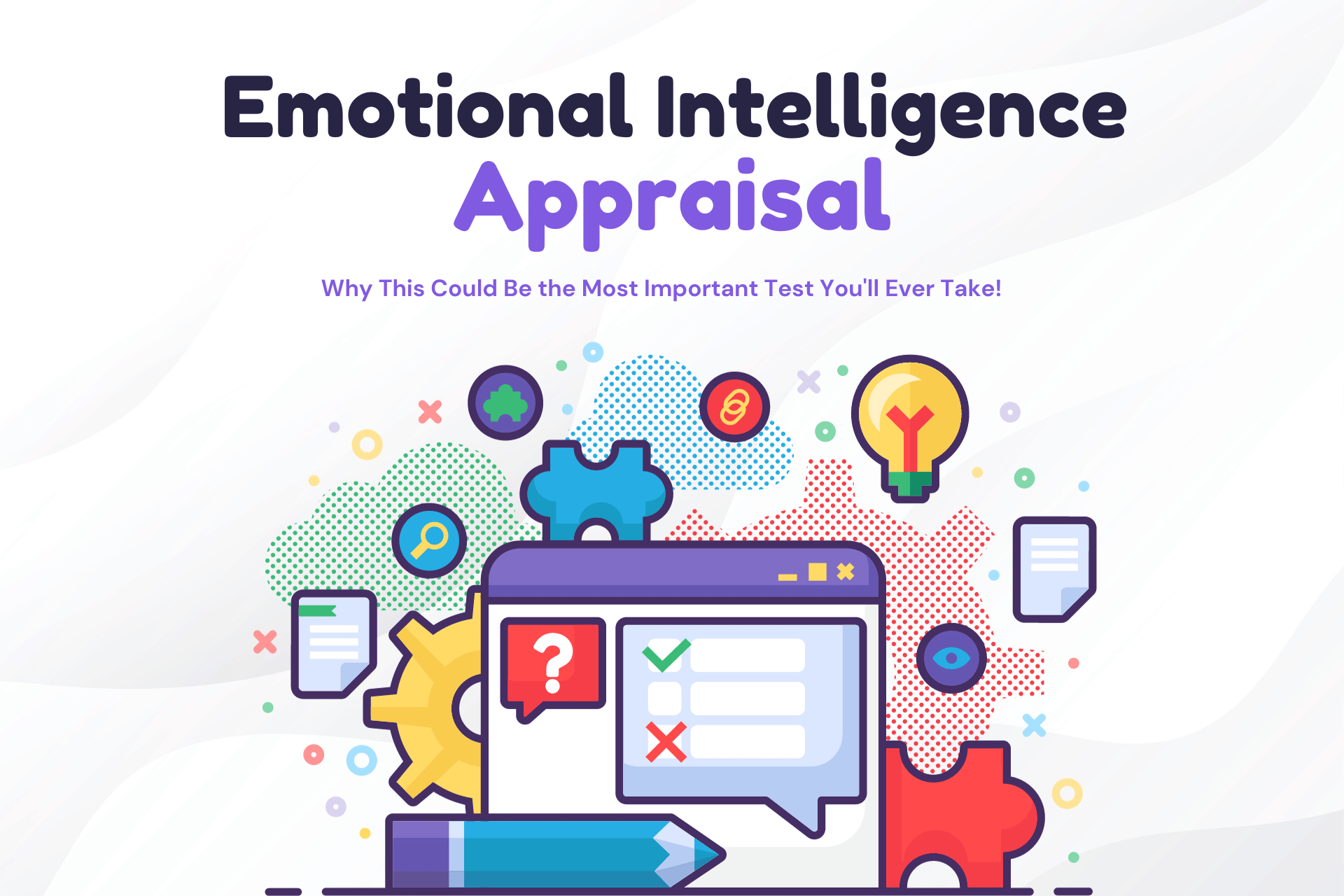
Emotional Intelligence Appraisal: Why This Could Be the Most Important Test You’ll Ever Take!
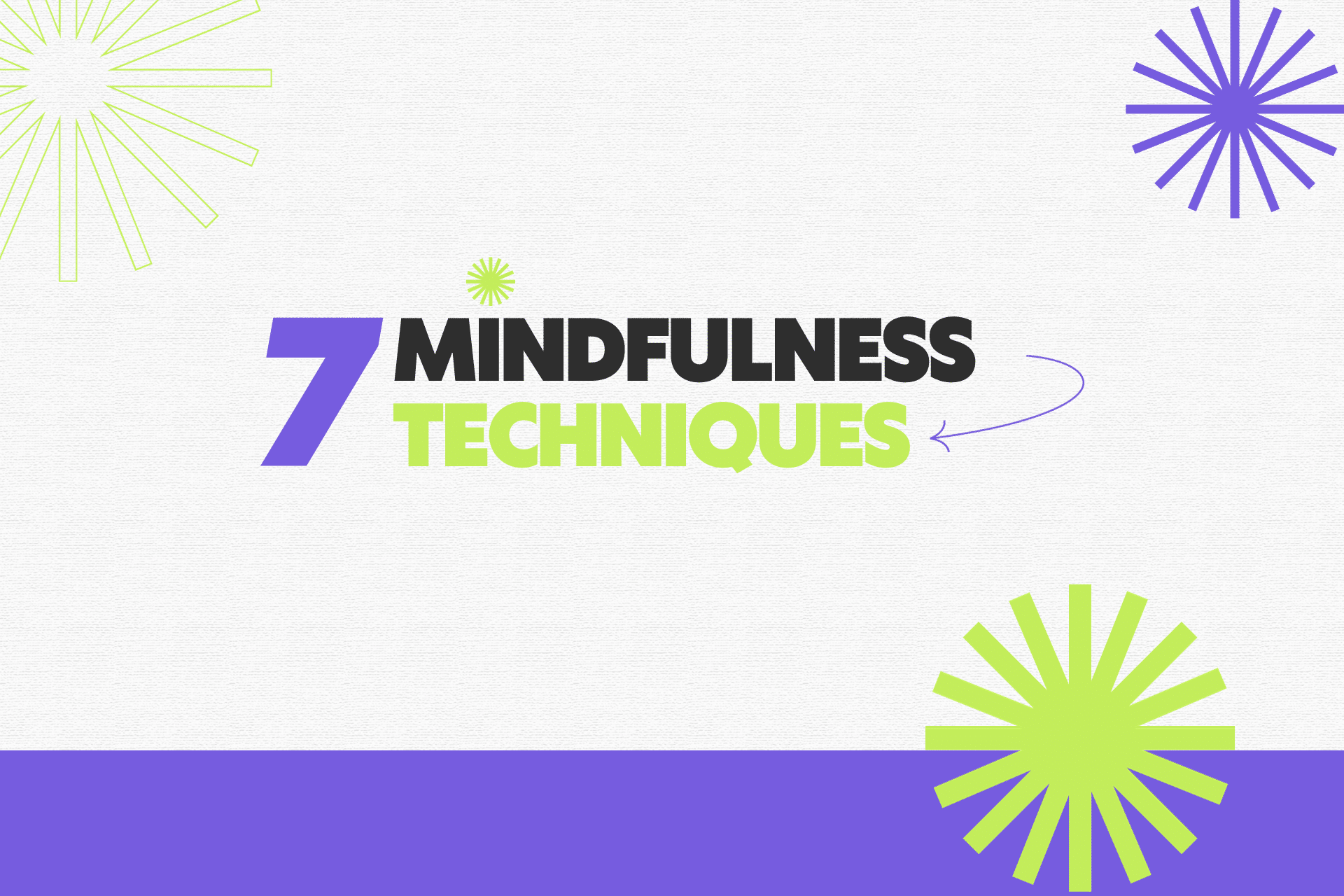
7 Mindfulness Techniques: The Life-Changing Rituals You Need Now!
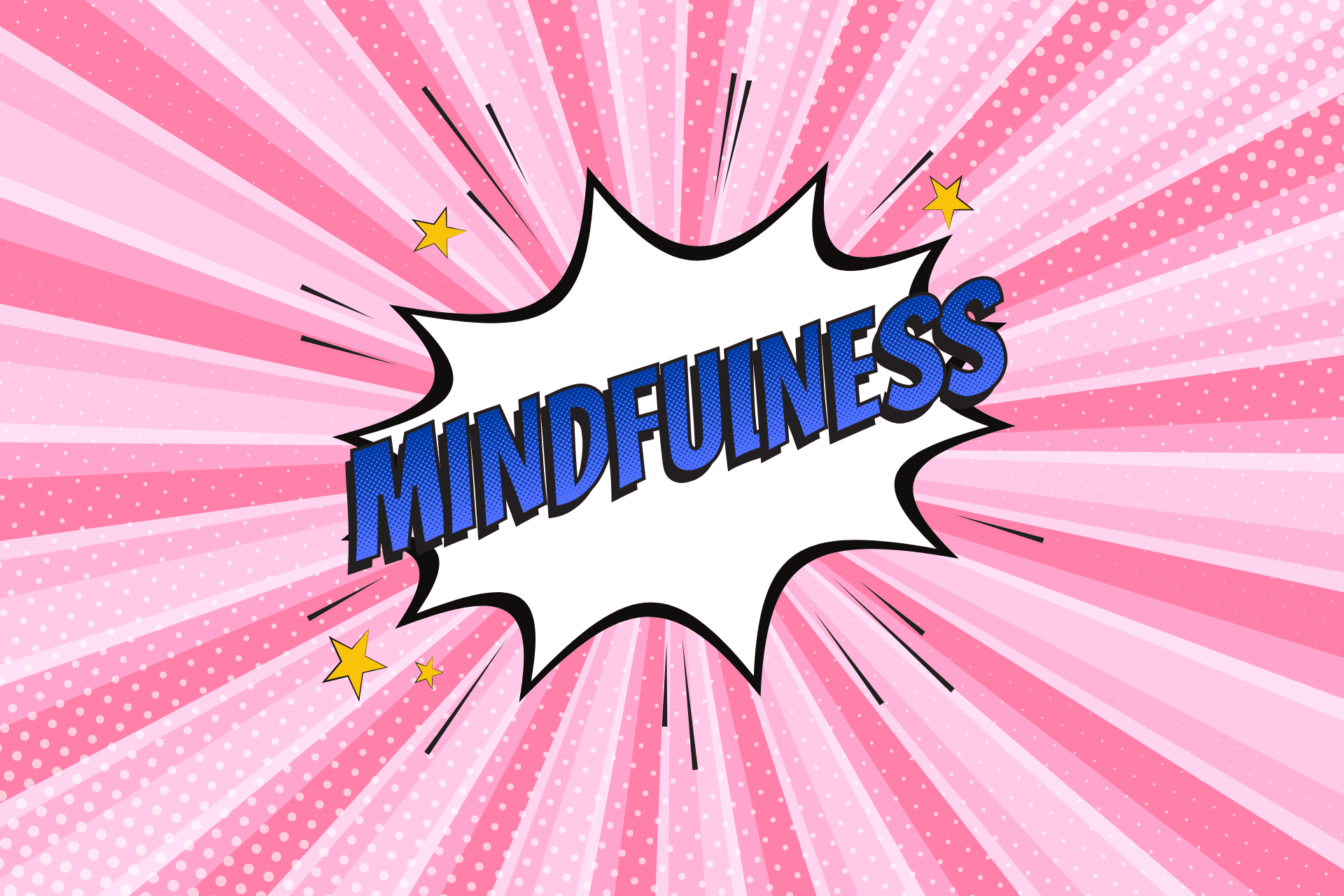
Why Mindfulness is a Superpower? The Real Reason It’s a Life-Changing Power!

Women’s Emotional Intelligence: The Hidden Power You Didn’t Know You Had!

Mindfulness for Women: Turning Chaos into Calm in Today’s Busy World
Related Articles
Discover How to Change Your Mindset in Just 7 Easy Steps! Find How Step 3 is the Best!
Mindset Makeover: Transform Your Life with These 8 Game-Changing Attitudes!
5 Powerful Manifestation Techniques So Effective, You’ll Wish You Tried Them Sooner!
Manifestation Power: Unlock the Secret to Transforming Your Dreams into Reality!
How to Focus Your Attention Like a Pro: 7 Game-Changing Strategies You Can’t Miss!



